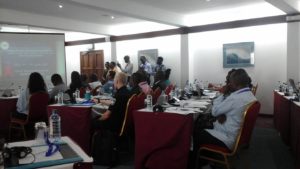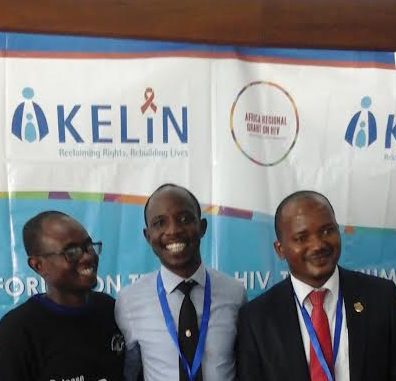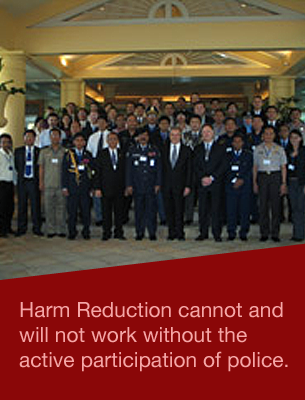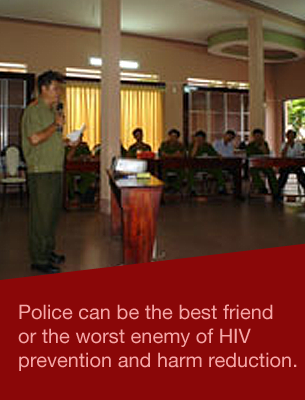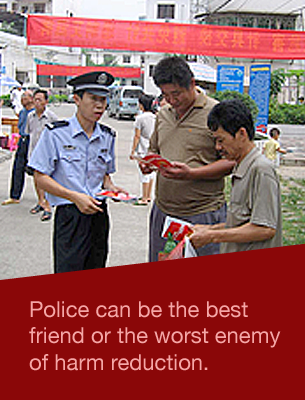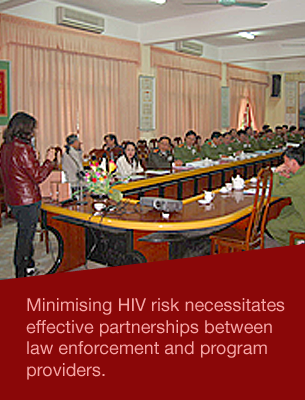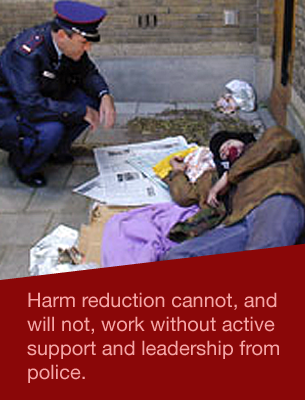REPORTS ON THE SECOND REGIONAL CAPACITY BUILDING FORUM ON HIV, TB, HUMAN RIGHTS AND THE LAW ENFORCEMENT OFFICERS AND HEALTH CARE WORKERS SCHEDULED FROM 7TH -9TH JUNE, 2017.
KELIN is non governmental organization based in Kenya organised the two days meeting held in Sarova White sands Beach Resort and Spa Mombasa, Kenya from 7th -9th June, 2017.
The participants of the conference were from Botswana, Cote D’Ivoire, Kenya, Malawi, Nigeria, Senegal, Seychelles, South Africa, Switzerland, Tanzania, Uganda, Ukraine and Zambia and almost more than 100 people attended from different fields including law enforcement officers, health care workers judges and representatives from key population. These key populations includes persons who injects drugs, sex workers, transgender, lesbian, gay, bisexual, and other men who have sex with men and persons living with HIV/and or TB. Participants were selected because of their interests in working with Key Populations
There were some of the United Nations agencies as development partners invited in the conference including United Nations Office on Drugs and Crime, United Nations Development programme.
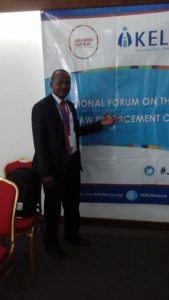 The main objectives of the conference were to enhance the understanding of the linkages between HIV, TB, Human rights and the law as they affect key populations moreover to sensitize stakeholders on the rights based approach to providing health care service to key populations and lastly to foster regional and in-country partnerships for increased advocacy and lobbying for removal of legal barriers which impede access to health care by Key Populations.
The main objectives of the conference were to enhance the understanding of the linkages between HIV, TB, Human rights and the law as they affect key populations moreover to sensitize stakeholders on the rights based approach to providing health care service to key populations and lastly to foster regional and in-country partnerships for increased advocacy and lobbying for removal of legal barriers which impede access to health care by Key Populations.
The following were some of the agendas discussed in the second regional capacity building forum on HIV, TB, Human Rights and the law for law enforcement officers and health care workers, are Community experiences on access to TB Services of which one of the panellist says about 1/3 of the world population are suffering from Tuberculosis and very unfortunately since the discovery of the disease in 1882 there is a little attention in the world for preventing and controlling the effects of the diseases. Some other challenges including lack of community engagement, vaccination does not work for all, human rights abuse, lack of understanding for the diseases, funding, old diagnostic and one size fits all approach.
The science of TB: Key populations at the core of TB Intervention the world needs to cooperate for overcoming the problems and stop any forms of stigma among people who are affected by the TB.
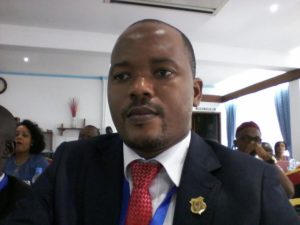
The role and experience of judicial officers and other criminal justice actors in advancing access to HIV and TB Services for Key Populations the panellists were judges from resident magistrate, and from the probation office in Kenya were able to explain issues in which the sense of humanitarian approach were highly discussed despites the constitutional, laws and order we have but it has no significant to the marginalised societies of the key populations.
Regional laws and policies and their place in guaranteeing access to HIV and TB Services for key populations, expertise were able to justify on how our laws have been an impede to the access to health services and rights to live, privacy and freedom to every human being.
Good practice models from law enforcement officers and health care workers, it is in this panel where I had an opportunity to present issues from the practical experiences together with my colleagues from law enforcement in Ukraine and medical officers from Senegal together with health care worker working with key populations in Mombasa count in Kenya.
I was invited as the Country Focal Person for the law enforcement and HIV Network (LEAHN)as an expert to explain the role of police in harm reduction and my presentation drew the attention of the participants to a great extent in such a way that I have widened the network and so many stakeholders have shown their interests that they want to work together in issues related harm reduction.
The participants were given chances for field visit to Shimo la Tewa Prison, some group went to Clinic providing TB Services to key populations and the remaining group visit to Harm reduction Site (Go Down).
The final day participants went to field areas where the female sex workers were obtained for the practical witnessed what is happening on the grounds and most of participants were almost shocked when female sex workers were able to justify on how they are being mistreated by the law enforcers and kind of stigma they are facing from the society in which they are living.
Generally there were development of action plan by participating countries to follow up on the recommendations made at the forum and development and /or strengthening of regional and national platforms or networks to address the legal barriers that are impeding access to services by key populations.
